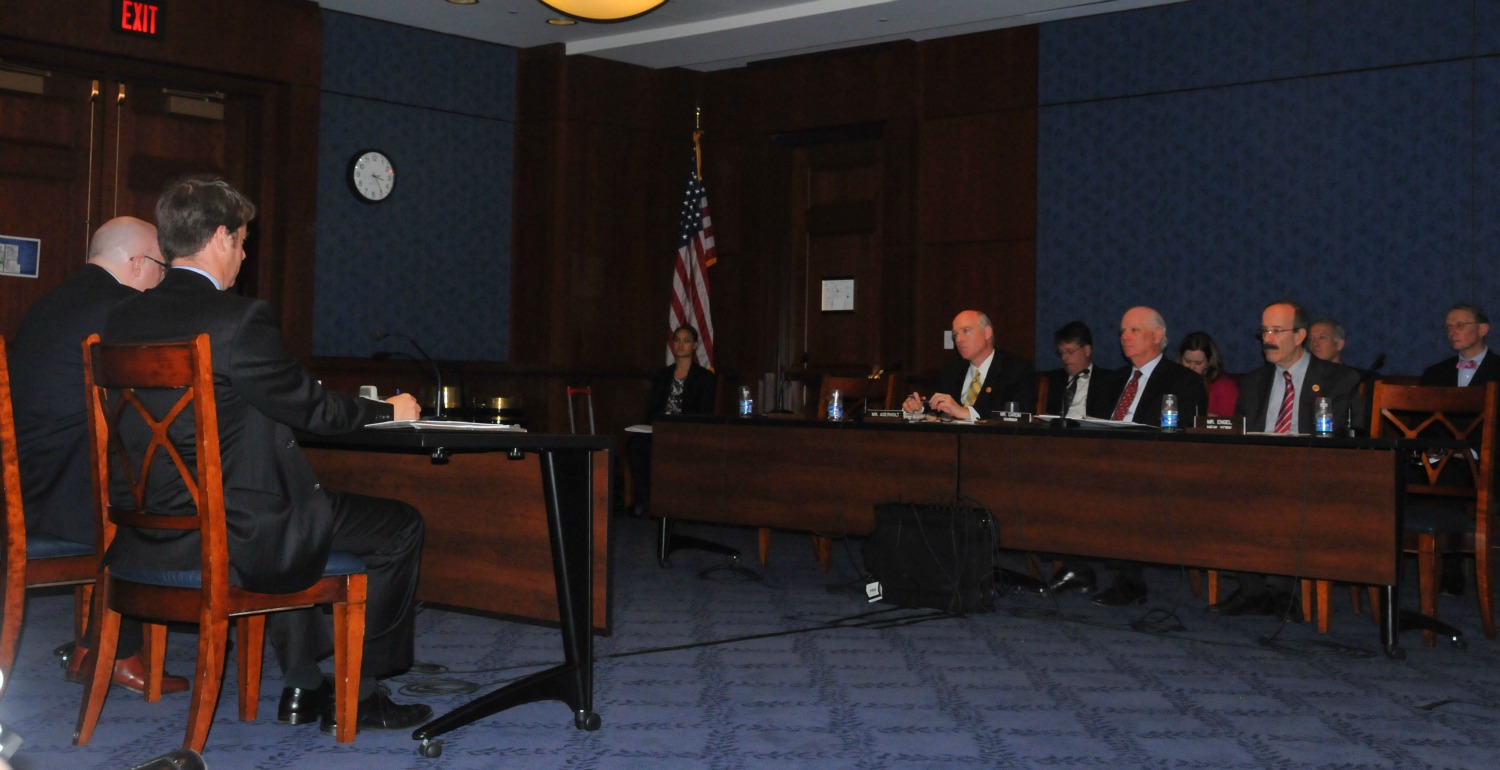Prior to 1991, Albania was ruled by one of the communist world’s most repressive regimes and was the only country in Europe refusing to participate in the Helsinki process. In the two decades following, the country made enormous strides to become a democratic state where human rights are respected and to become an active participant in European affairs, and became a member of the NATO Alliance in 2009.
Despite this progress, Albania continues to struggle in building its democratic institutions and practices, including respect for the rule of law. As Albania prepared for parliamentary elections in June 2013, this hearing assessed the degree to which progress has begun to fall short of expectations at home and abroad, and what could be done to accelerate the pace of further reforms related to good governance.







